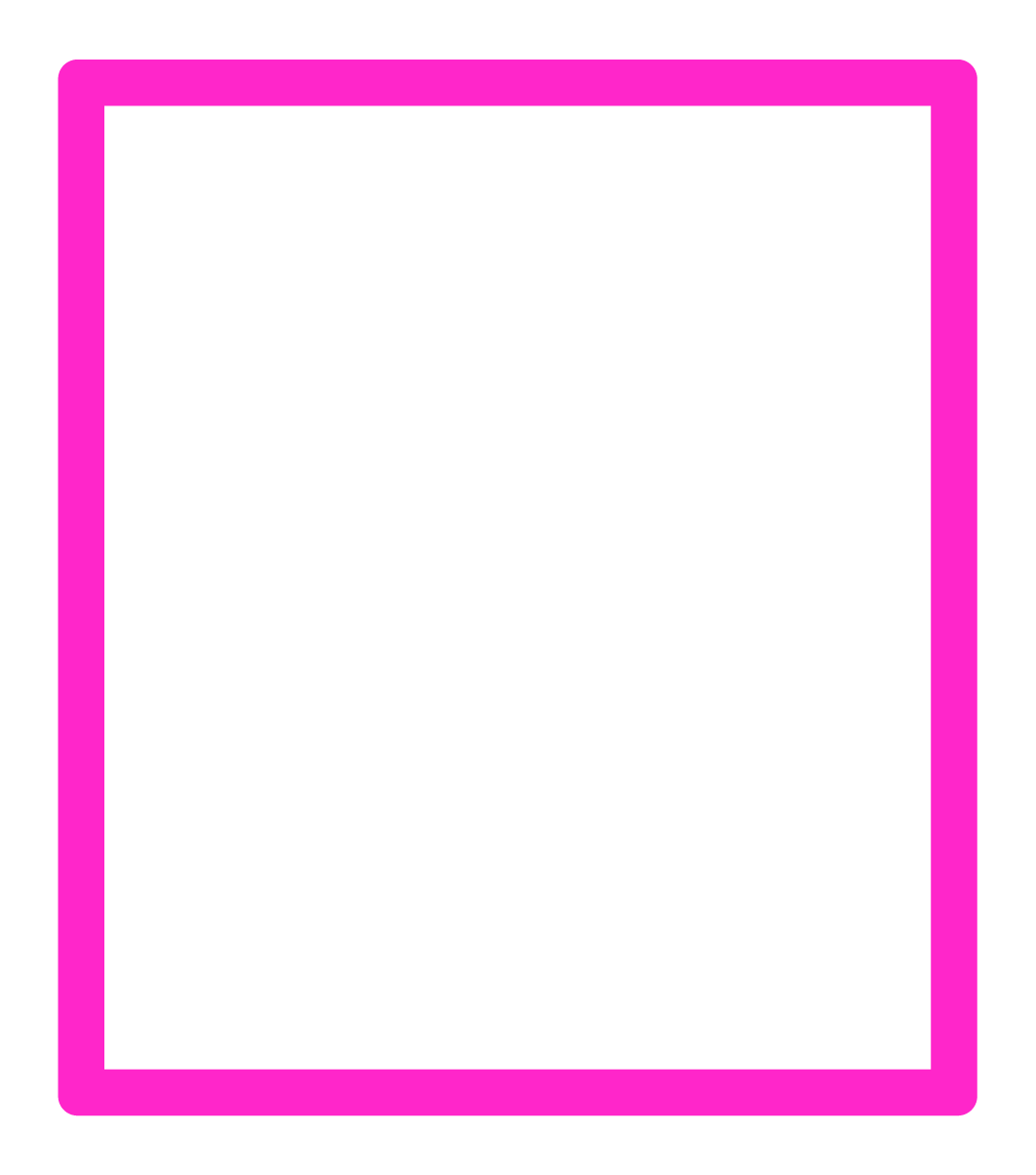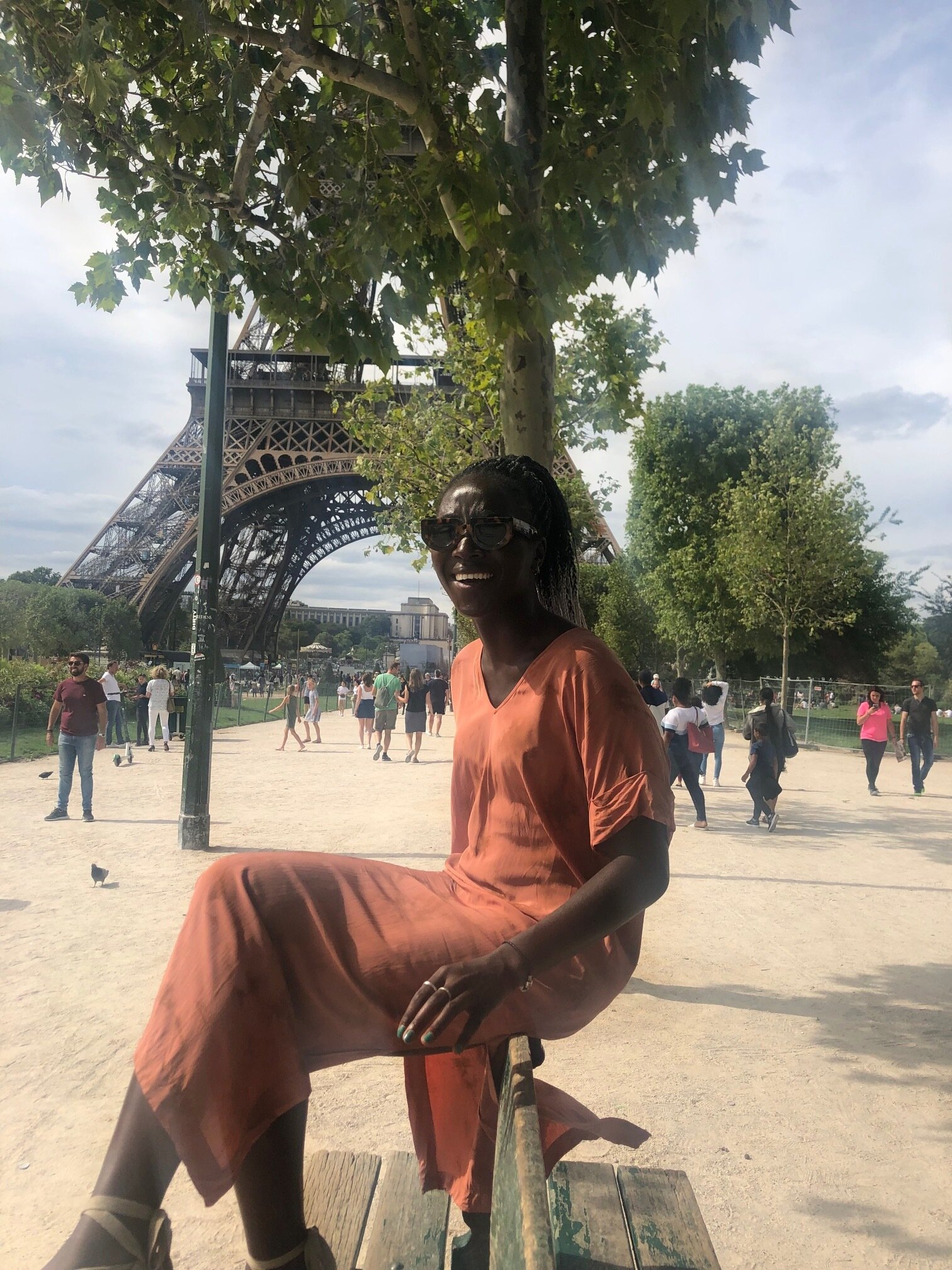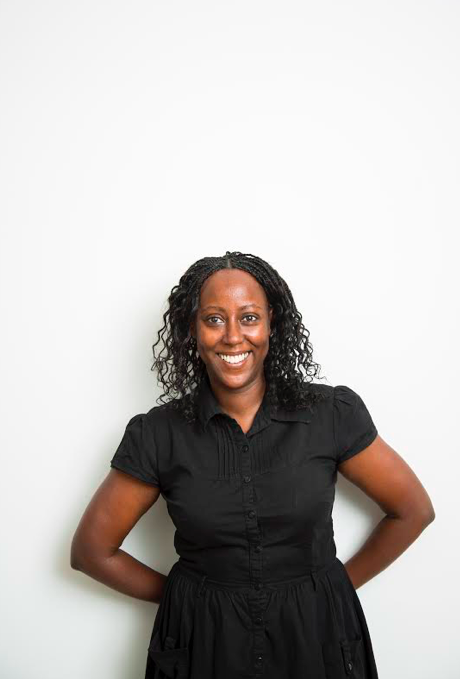A senior comms associate, international at Snap, Tobi’s helping to lead the change to authentically talk to millennials.
We first met Tobi through the BME PR Pros initiative and were gripped by her genuine passion to learn and challenge the diversity issue in the PR world. We caught up with her on what makes her her.
Did you have a female role model or someone you admired as a kid?
I can’t think of anyone other than my mum! Her marriage to my dad is quite unusual, especially for Nigerians - my parents are quite 50:50. Growing up, she was working as much as my dad and didn’t give up her job, even with 4 kids under 10. And my grandparents encouraged my parents - especially my dad - to support each other in all ways. As a result, I’ve never felt pressured into thinking my life is solely about settling down and having a family.
How do you think your early years have influenced what you do today?
In a big way, I think. I’m sure I’ve always been a chatterbox. I lived in London until I was 5 and from there, we were always moving around so I had to make new friends again and again. It has meant that I’m not really afraid of new experiences, it doesn’t phase me. One year, I moved school three times!
My ability to establish a rapport with people has stood me in good stead in PR. Being part of a big family and church means that I’m always prepared for the unpredictability of people and craziness of genuine community. Family friends will often arrive completely unannounced at my parent’s house and I love it.
Your favourite PR campaign/stunt of 2019 so far?
My favourite campaign of the year has to be the 56 Black Men movement by Cephas Williams. Not only is the photography striking, but the message is loud, clear and unapologetic. A wonderful black woman once said to me ‘you can’t be what you can’t see’ and Cephas is doing an incredible job of making people see. Through elevating the stories of just a handful of people, he has shifted the narrative around, and public perception of black boys and men here in the U.K. in a very tangible way. I’m excited to think about how many young black boys have been inspired already, and how the movement will evolve in the future.
You’re part of the team at Snap managing communication and media relations internationally. What’s been your proudest moment at Snap to date?
Just this April we had our first partner summit. As we were rolling up to it, it honestly almost killed us! We had media from all over the world packed into one room for briefings. Evan (our CEO) began his keynote and in that moment, all that hard work was worth it. It signalled to the industry that we’d grown up as a company and it was a turning point, with lots of really positive coverage. We’d moved from a company that had a reputation of being closed to being open. It felt great to be part of it.
Travel enthusiast, Tobi
What can brands be doing better to engage with millennials authentically?
It’s about being true to themselves and making sure that authentic intention underpins everything they do. Many brands try to engage millennials but that part often doesn’t add up. At Snap we want our platform to be a place of real self-expression - those values hold true to everything we do. I think brands need to also remember they don’t need to reach the whole world because there’s enough room for everyone.
We met you through the BME PR Pros / PRWeek Mentoring Scheme. What urged you to join?
I’ve known Elizabeth Bananuka, the founder, for a few years now. And when I met her, I wanted to be around her more. She is encouraging, kind and an absolute gogetter. She made a Facebook group a few years ago which has been valuable to me in connecting with other BMEs in the industry and since then, she’s never lost the momentum. The community created by Elizabeth is one that is safe and provides a touchpoint for BMEs looking to get into the PR industry and move up.
The BME PR Pros/PRWeek Mentoring Scheme has been incredibly valuable to me. My mentor is Adrian Ma, founder of Fanclub PR. He has been an amazing sounding board and has guided me through challenges I’ve faced over the past year.
What do you think is missing from businesses in building true diversity?
Intention, ruthless intention. Businesses need to be willing to do what it takes. Many businesses see it as a nice to have but they must be up for the hard work. It’s expensive and it’s lengthy.
More guidance is needed for parents too, in what actually exists out there. They often direct kids to what they know and so this education piece is very important too.
Do you think the PR industry is making enough headway in this department?
There are a lot of great initiatives out there, like the Taylor Bennett Foundation, which is great for internships. And then of course there’s Elizabeth and BME PR Pros, who is spearheading a lot of this too. I’m really excited about the Blueprint, which is going to make a real impact on the industry.
How do you keep learning while on the job?
I meet with different people and get to know what they do and how they do it. I met with another woman from the PR Week 30 Under 30 and she does a lot of broadcast work, which is something I rarely. I also learn from my colleagues and I have a brilliant boss too. Learning on the job is the best way to not forget!
Who's a woman to watch or someone you admire in 2019?
A woman - or rather some women - to watch have got to be the girls behind VAMP PR, a social marketing agency that focuses on ‘representing the unrepresented’. I met one of the cofounders, Ruby, and we spoke about their journey so far. They are doing some really incredible work supporting up and coming influencers, putting them forward for opportunities, connecting them to brands and simply being a trusted cheerleader and support. They are a finalist in the 2019 Black British Business Award this year - and I really hope they win!
Follow Tobi on LinkedIn to find out what she’s up to.














